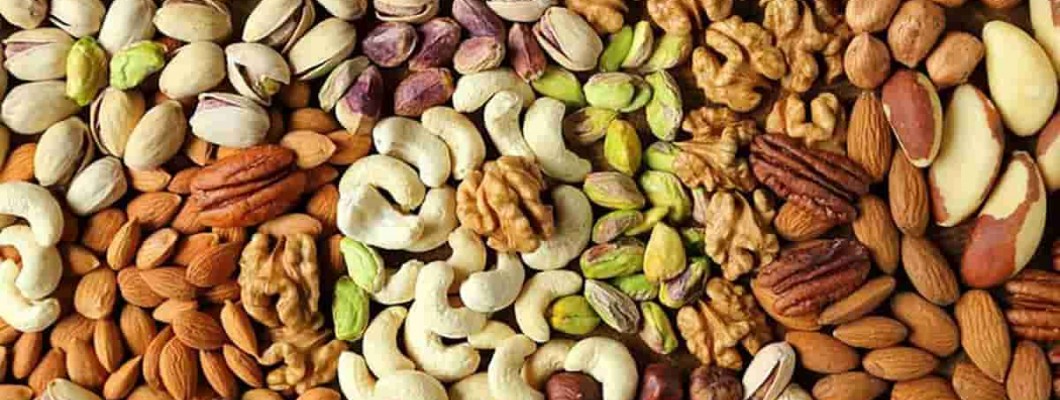
Best Types of Healthy Nuts
Nuts are famous healthy snacks, often recommended by many specialists. They are known for being rich sources of fiber, plant-based proteins, healthy fats, antioxidants, and many other beneficial nutrients. Moreover, nuts are distinguished by their delicious taste and affordable prices for everyone.
Let's quickly go over the most important types of healthy nuts available and discuss the benefits of healthy nuts in general.
Pistachios
Pistachios are considered healthy nuts due to their high fiber content, which promotes a feeling of fullness and can help with weight loss. Additionally, pistachios may contribute to lowering other risk factors for heart diseases like blood pressure, weight, diabetes, and cholesterol.
Calories in Pistachios
A serving of about 100 grams of pistachios contains:- Calories: 567
- Fat: 46.67 grams
- Protein: 20 grams
- Carbohydrates: 26.67 grams
- Fiber: 10 grams
- Magnesium: 200 mg
Almonds
Almonds are rich in healthy monounsaturated fats and have a high fiber content compared to other nuts, averaging 4 grams per serving, about 23 almonds. They also provide vitamin E and protein. These nutrients are essential for maintaining ideal body weight and reducing inflammation in individuals with type 2 diabetes.
Calories in Almonds
A single serving (about 100 grams) contains:- Calories: 613
- Fat: 54.84 grams
- Protein: 19.35 grams
- Carbohydrates: 16.13 grams
- Fiber: 9.7 grams
- Calcium: 258 mg
- Iron: 3.48 mg
Brazil Nuts
Brazil nuts, sourced from the Amazon region, are rich in selenium, a crucial mineral that acts as an antioxidant and is essential for overall health. Research has shown that individuals undergoing kidney dialysis often suffer from selenium deficiency.
Additionally, Brazil nuts have been found to reduce cholesterol levels, decrease oxidative stress, and improve vascular function in obese teenagers, as well as alleviate inflammation in both healthy individuals and those undergoing kidney dialysis.
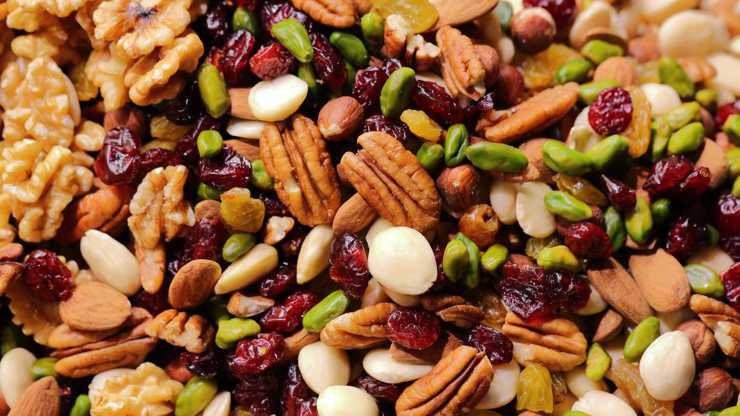
Calories in Brazil Nuts
One serving, equivalent to about 100 grams of Brazil nuts, contains:- Calories: 588
- Fat: 52.94 grams
- Protein: 23.53 grams
- Carbohydrates: 23.53 grams
- Fiber: 5.9 grams
- Iron: 2.94 mg
- Potassium: 588 mg
Peanuts
Unlike other nuts, peanuts are not derived from tree nuts but are part of the legume family. Nevertheless, they provide similar nutritional properties and health benefits to those found in nuts.
A study involving over 120,000 individuals found that increased peanut consumption was associated with reduced mortality rates. Furthermore, a separate study indicated that women who consumed peanut butter more than five times a week had lower rates of type 2 diabetes incidence.
Calories in Peanuts
A serving of roasted peanuts, about 100 grams, contains approximately:- Calories: 656
- Fat: 56.25 grams
- Protein: 25 grams
- Carbohydrates: 18.75 grams
- Fiber: 6.2 grams
- Iron: 2.25 mg
Hazelnuts
Hazelnuts are a healthy snack that can help reduce the risk of heart disease, inflammation, and improve vascular function. Research suggests that incorporating hazelnuts into your diet may reduce total cholesterol, LDL cholesterol, and triglyceride levels.
Moreover, hazelnuts may increase cholesterol levels and raise vitamin E levels in the blood.
Calories in Hazelnuts
Around 100 grams of hazelnuts contain:- Calories: 628
- Fat: 60.75 grams
- Protein: 14.95 grams
- Carbohydrates: 16.7 grams
- Fiber: 9.7 grams
- Magnesium: 163 mg
Cashews
Research indicates that cashews are rich in essential nutrients that can help improve blood lipid levels and lower blood pressure.
Calories in Cashews
A single serving of about 100 grams of cashews contains:- Calories: 565Fat: 45.2 grams
- Protein: 16.95 gram
- Carbohydrates: 31.07 grams
- Fiber: 2.8 grams
- Potassium: 395 mg
Benefits of Nuts
Nuts are nutritious snacks that offer a variety of health benefits, including:
- Rich in nutrients: Nuts are high in fats, vitamin E, magnesium, and selenium, while being low in carbohydrates.
- Packed with antioxidants: Nuts contain polyphenol antioxidants that can protect cells from free radical damage.
- Aid in weight loss: Research shows that nuts can support weight loss, as the body does not absorb all the calories present in nuts.
- Lower cholesterol and triglycerides: Nuts help lower LDL cholesterol and increase HDL cholesterol levels, possibly due to their high content of monounsaturated fatty acids.
Beneficial for type 2 diabetes patients
Studies indicate that including nuts in the diet of individuals with type 2 diabetes and metabolic syndrome can improve blood sugar and blood pressure levels and other health markers.
- Anti-inflammatory properties: Nuts may help reduce inflammation, especially in individuals with diabetes, kidney disease, and other serious health conditions.
- High in fiber: Nuts are a good source of fiber, which can reduce the risk of diseases, promote satiety, reduce calorie absorption, and enhance gut health.
Best Time to Eat Healthy Nuts
Consuming nuts like cashews, pistachios, almonds, hazelnuts, and others in the morning can be beneficial for your health. They offer various advantages, such as regulating blood pressure, lowering blood sugar levels, boosting energy, as well as brain and heart health.
Buying Healthy Nuts Online
You can get all types of Turkish healthy nuts from the Sweet Saray website, specializing in delivering Turkish products worldwide.
Sources: Wikipedia, Mayo Clinic
By Nutrition Expert | Mohammed Abu Sami

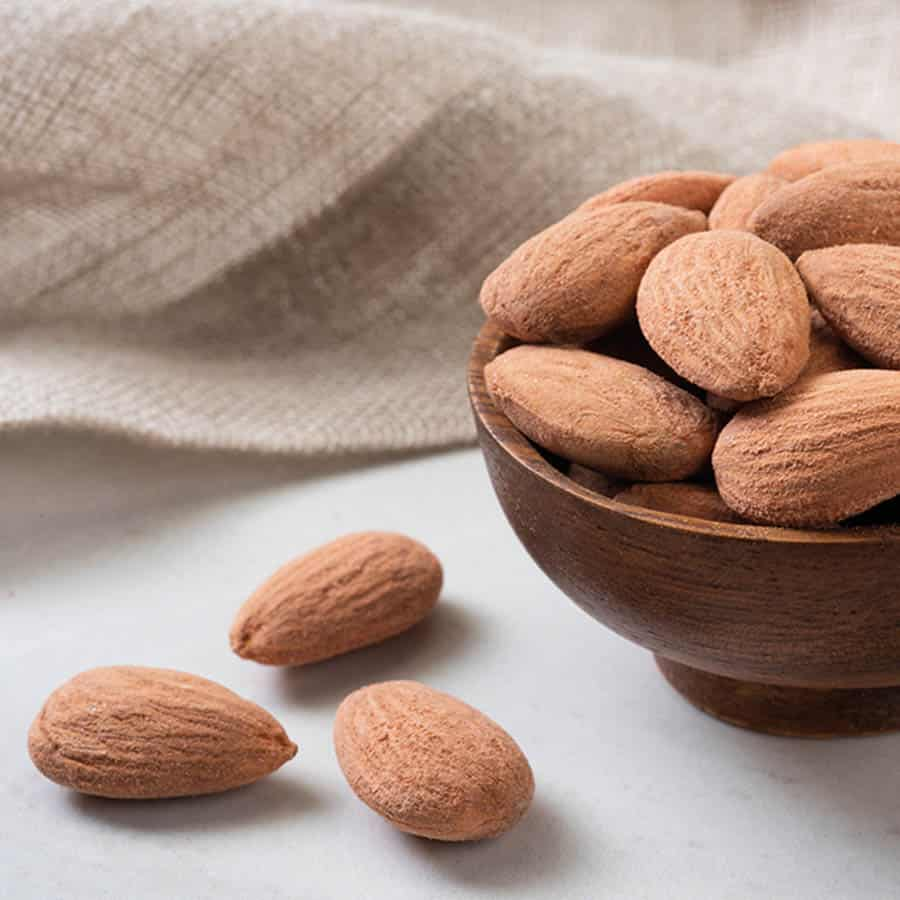
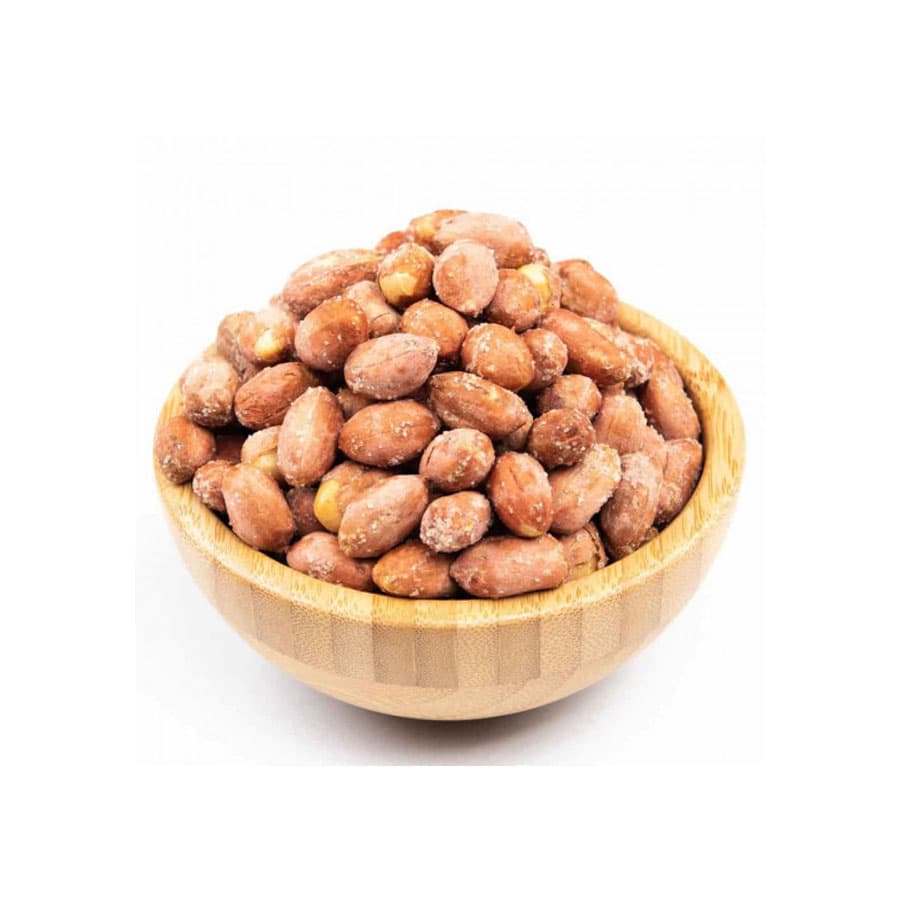
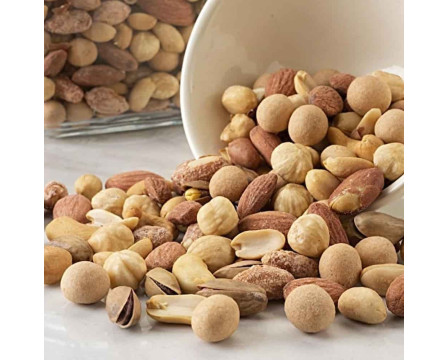
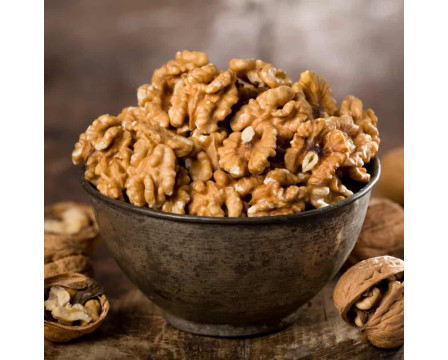
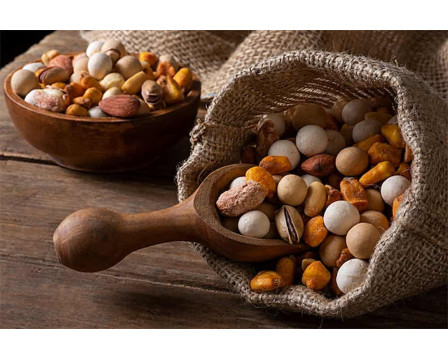
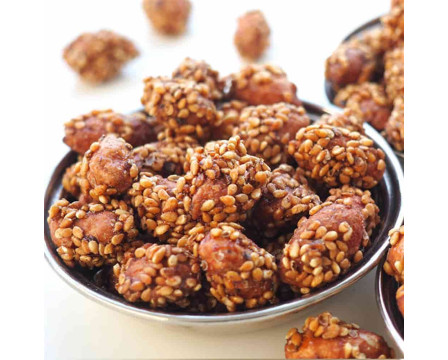
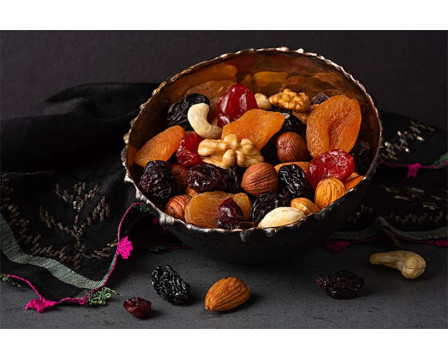
Leave a Comment